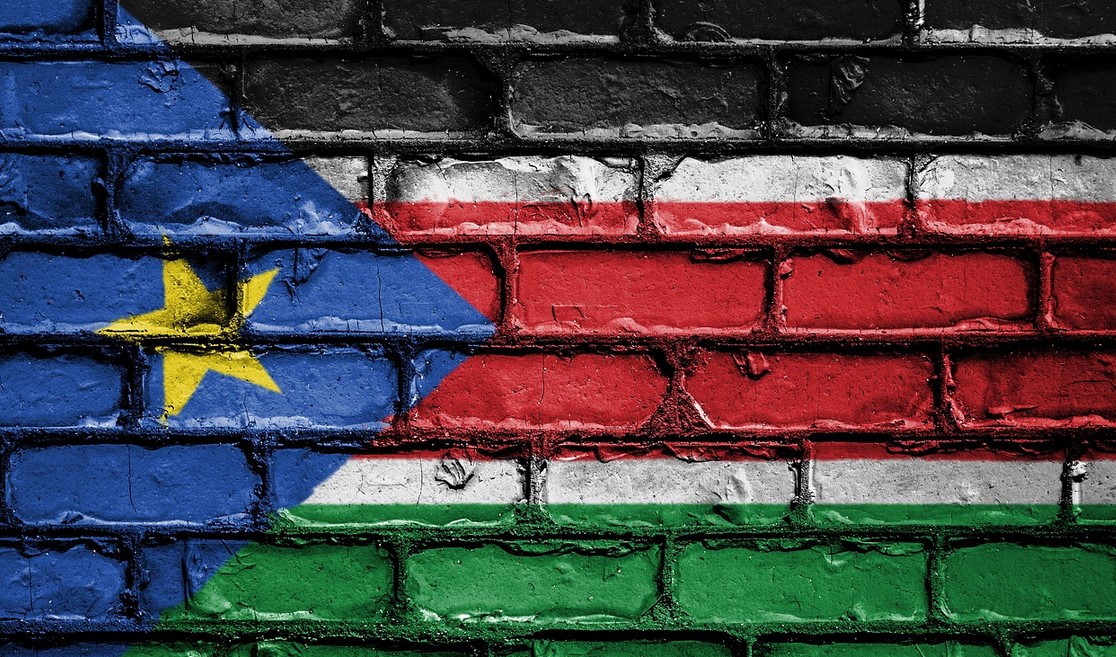The conflict in Sudan between the army and the powerful paramilitary group Rapid Support Forces (RSF), has escalated, affecting the city of Wad Medani, located 60 miles southeast of Khartoum. This city, previously a safe haven for displaced people and a hub for humanitarian operations, has reportedly been taken over by the RSF, led by Gen. Mohammed Hamdan Dagalo.
Wad Medani was under the control of the army, led by Gen. Abdel Fattah Burhan, and was crucial for humanitarian groups who have now either suspended their work or fled due to the conflict. Thousands of civilians are urging the resignation of al-Burhan, with the hope and expectation that a new leader might more effectively counter the advances of the RSF.
There is also growing discontent among al-Burhan’s subordinates regarding his approach to the conflict. However, experts caution that replacing the army chief could potentially result in a power struggle or create a power vacuum, which might lead to further divisions within the Sudanese army, as well as cause even more trouble for civilians.
The fighting between the army and RSF, which began in April, has mainly been concentrated in the capital but also in other regions, including Darfur. In recent months, the RSF has gained momentum, advancing across Sudan’s central areas. The conflict has significant implications for the stability of the region and the safety of civilians still in the conflict areas, displaced people, and humanitarian workers.
The United Nations humanitarian office reports that around 250,000 people have recently fled Jazeera state due to the conflict. Jens Laerke, a U.N. spokesperson, announced at a Geneva briefing that aid organizations have had to temporarily suspend operations in the area because of the fighting.
The conflict, which has been ongoing for eight months, has resulted in up to 9,000 deaths, according to U.N. estimates. However, local doctors’ groups and activists believe the actual death toll could be much higher.
According to spokesperson William Spindler in a press briefing at the Palais des Nations in Geneva on Tuesday, UNHCR, the UN Refugee Agency, is concerned at the deepening forced displacement crisis in Sudan and neighboring countries as hundreds of thousands more people flee from the latest fighting in Sudan’s central Al Jazirah State, southeast of Khartoum.
“We are also very concerned about reports of an escalation in the conflict in the Darfur Region,” he said. “Renewed fighting in El Fasher, in North Darfur, resulted in civilian casualties, injuries, and further displacement, followed by looting of homes and shops, and arrests of youth. In Nyala, in South Darfur, an aerial attack was reported, causing death, injuries and destruction of civilian homes.”
Heavy fighting, including airstrikes and shootings, was reported on the outskirts of Wad Madani last week. The fighting has now reached the town. After conflict first broke out in Sudan’s capital in April this year, over half a million people, including some 7,000 refugees, fled to Wad Madani from Khartoum.
With this latest bout of fighting, panic has reportedly spread among the civilian population in Wad Madani and people were seen leaving the town in vehicles and on foot, some for the second time in only a few months. The UN estimates that between 250,000 and 300,000 people have fled Wad Madani and surrounding areas since the clashes began. Shockingly, since the war broke out in April, more than seven million people have fled their homes, many of them moving repeatedly to find temporary safety. This repeated displacement shows how devastating this conflict has been for the civilian population.
Spindler noted that UNHCR is “working to deliver and distribute urgently needed core relief items to the people newly displaced from Al Jazirah to Sennar and Gedaref States.” Despite efforts by national and international humanitarian organizations and local actors to provide assistance, he said, “the overall humanitarian situation remains dire.”
There are also reports of people on the move towards South Sudan, where the border town of Renk is severely overcrowded and lacking enough aid to meet the needs of the people who have already arrived. Heavy rains have made the roads impassable, hampering the relocation of refugees. Human rights organizations say they are doing what they can to prepare, but resources are already severely overstretched.
As the scale of the crisis and the potential for it to destabilize the entire region continues to grow, the world must not forget the ongoing situation in Sudan.
Spindler said that while he appreciates the funding received already from many donors, “it is just not enough to meet the needs of the families that are facing unimaginable hardship.”
Much more needs to be done to assist the Sudanese people and although the 2023 Sudan Regional Refugee Response Plan, which called for $1 billion to meet the needs of 1.8 million people in Chad, Central African Republic, Egypt, Ethiopia and South Sudan this year is a good start, it is only 38 percent funded.
As the conflict deepens and as more civilians flee, the humanitarian crisis will only multiply, threatening the lives of millions more innocent people. The world must heed Spindler’s warnings and work harder to assist UNHCR and other aid organizations in helping mitigate the suffering of the Sudanese people.
Image: Pixabay
Become a Patron!
Or support us at SubscribeStar
Donate cryptocurrency HERE
Subscribe to Activist Post for truth, peace, and freedom news. Follow us on SoMee, Telegram, HIVE, Minds, MeWe, Twitter – X, Gab, and What Really Happened.
Provide, Protect and Profit from what’s coming! Get a free issue of Counter Markets today.


Be the first to comment on "Sudan Conflict Exacerbating Humanitarian Crisis"